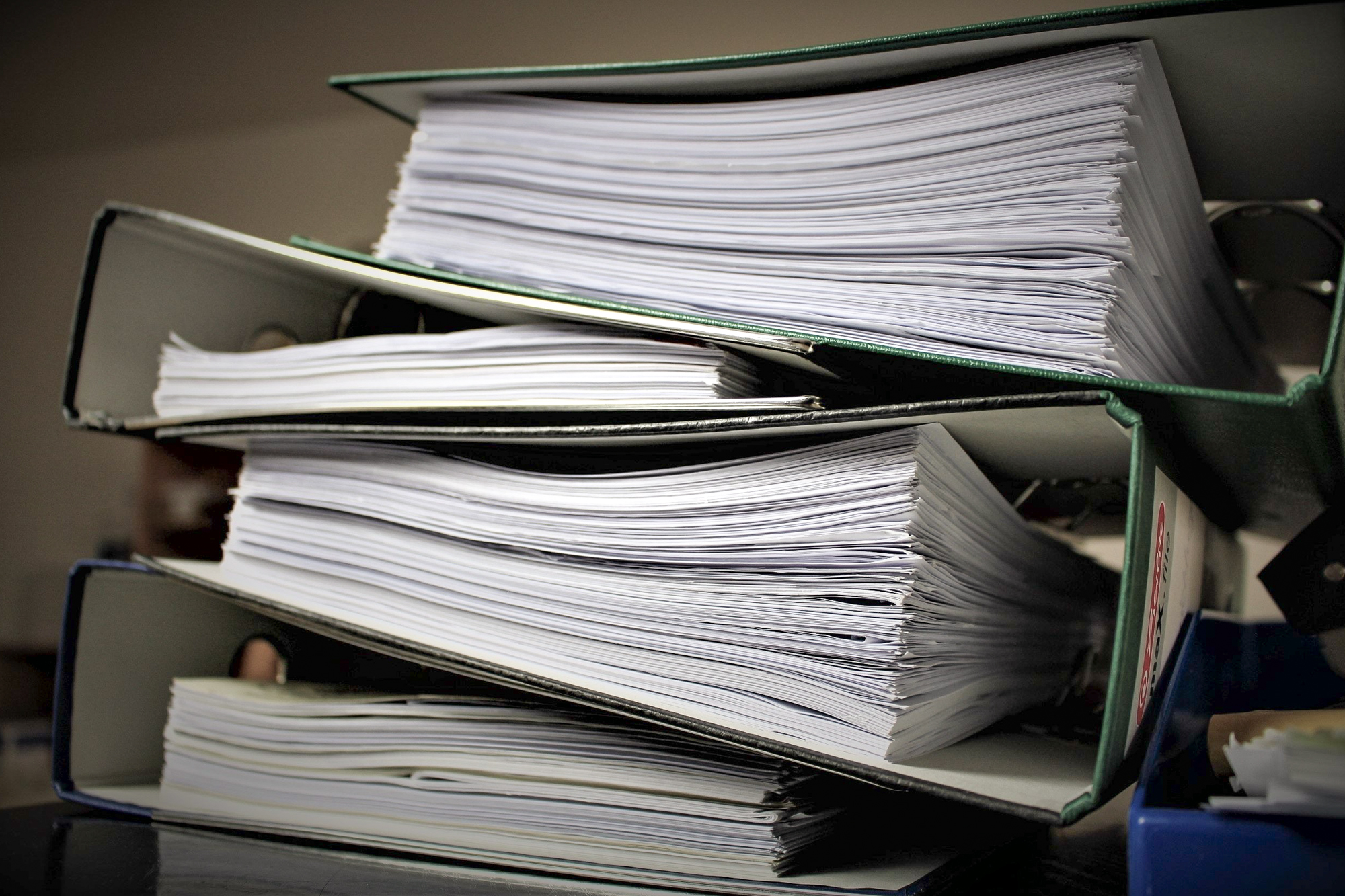Views expressed in opinion columns are the author’s own.
I had never given much thought to the handling of America’s classified documents; that is, until a couple of weeks ago.
There has been unrelenting media attention on the discovery of classified documents at President Joe Biden’s home and office since the news broke on Jan. 9. Not only have more documents been found in Biden’s possession, but now former Vice President Mike Pence has turned over documents as well. All of this has come in the wake of former President Donald Trump’s own incident of document mishandling for which he is currently under federal investigation. Trump’s incident has undoubtedly heightened the national conversation.
Despite the recent attention, this isn’t a new issue. Former government officials have routinely handed over unlawfully possessed, classified documents, with examples stretching as far back as seven presidencies. While the importance of the possible consequences of ignoring classification is not to be overlooked, returning documents occurs at all levels of government and happens several times a year without severe implications.
What most likely drives this phenomenon is the crisis of overclassification, as the government classifies more than 50 million documents a year. However, officials estimate that only 5 percent to 10 percent of classified documents actually warrant that designation, which waters down the importance of the classification, and subsequently leads to easy mishandling. Further, this creates a massive catalog of information which can be cast out of the public eye for as many as 25 years. Although some documents have been declassified in less than 25 years, many people are stifled in their attempts, which can result in the public learning of situations long after anything could have been changed to act more toward the public’s interest.
Overclassification is the real issue exacerbating the document mishandling stories we’ve seen recently and is what has kept Americans in the dark. While the Obama administration tried to address this issue, it fell short. Now it’s time for us to fix the perception surrounding classified documents — and American national security as a whole — by narrowing the classification systems and removing unnecessary classifications.
Overclassification can be blamed for all of the recent cases. In both Biden and Pence’s situations, the documents were never sought out by the authorities, but rather willingly handed over. If these are as important as we are led to believe, why was no one looking for them in the first place? As such, it’s more likely they are part of the majority of classified documents that could forgo the designation.
It’s easy to see how overclassification can lead to mishandling. Something may be labeled as classified when it could simply be common knowledge, such as a document that summarized traditional wedding practices in Russia that was among the Chelsea Manning leak. Another pertinent example of this was the Supreme Court case against The New York Times publication of the Pentagon Papers, when the state argued that publishing the classified documents would be a threat to national security. However, the government attorney argued there was no threat, and he believed that most things that are classified are not for national security reasons but instead to protect the government from embarrassment.
As such, if “classified” documents do not endanger national security but rather merely paint the government as unflattering, how can we crucify their mishandling?
To prevent these issues, we need a narrower definition of the three classification levels, so only things that are top secret are actually labeled as top secret. But this only solves the issues of new documents becoming classified. There still remains a massive backlog which not only allows for mishandling but keeps the public uninformed. In line with increasing public information, the information should become increasingly digitized through the use of artificial intelligence. This will help automate classification and declassification, and was supported by the Public Interest Declassification Board in 2020. Focusing on technology would not only be more efficient, but also cost effective as the government could save some of the $18 billion a year spent classifying documents.
It’s unsettling to know most of the documents we’re unable to access are that way for a number of reasons that do not fall under the standards for classifying, proven in part by the fact that they’re insignificant enough that officials can leave them casually in their homes and offices and forget about them for years.
After all, if the president doesn’t even care about returning these documents, maybe we should allow Americans to see what all the fuss is about.
Kyra Freeman is a sophomore philosophy, politics and economics major. She can be reached at freemankyra04@gmail.com.



